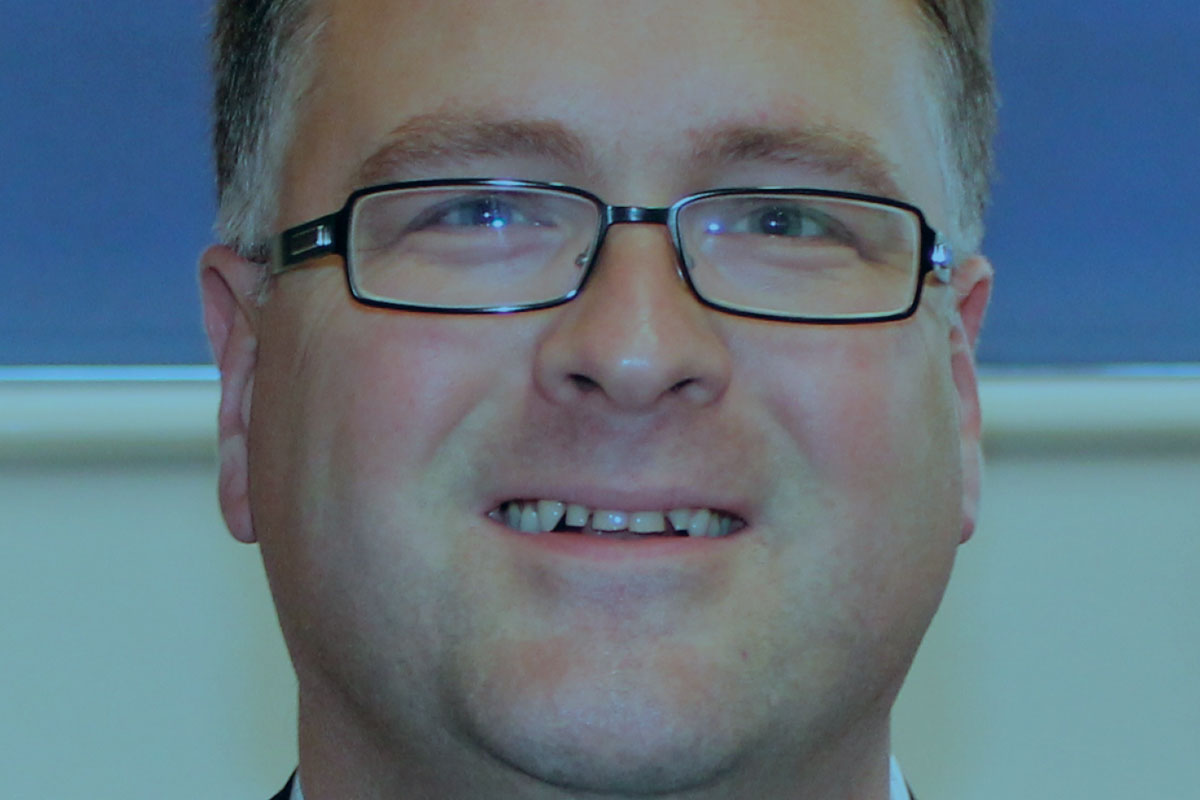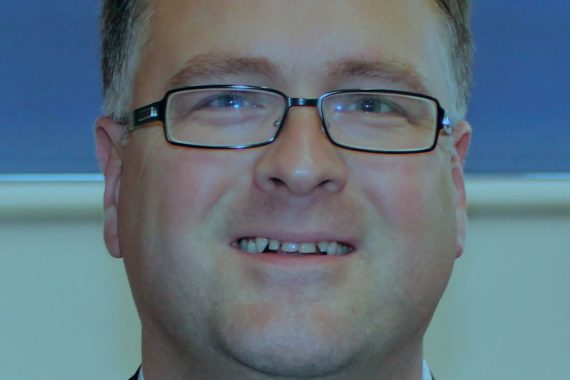
Our NHS has been the envy of the world and a major factor has been the work of the GP, responsible for 90% of patient contacts, loved by patients and valued by professional colleagues.
To most people they represent the most accessible part of the NHS providing expert services with care and compassion. To specialists and managers they have been essential to the success of the health service by identifying patients who need specialist care, enabling the hospital service to function with fewer resources than comparable countries.
One of the key strengths is that GPs know their patients and the background knowledge and experience is highly valuable in assessing patients who present with a new problem. Every specialist knows the value of the past history and the time it can take to record it – for the traditional GP it’s in their memory already.
Managers have focused on the efficiency of the GP by planning to move more services out of hospital and into the community with inadequate funds following the patient. Many GPs now say their services are unsafe.
Patients may no longer have ‘their’ GP but will be allocated to a healthcare professional on the basis of their symptoms
And it’s likely to get worse. There are at least two substantial threats to the traditional and successful GP service – Accountable Care Organisations (ACOs) and online based GP alternatives.
ACOs operate in America, where one organisation contracts health services for the local population. In the UK, we have less money to spend and it is unclear how they will be accountable, what the quality of care will be and who will organise them – most probably accountants to ensure the books balance. Balancing the books means rationing services, by how much we have yet to learn but it will keep solicitors and accountants busy as they may operate under company law.
One feature is that patients may no longer have ‘their’ GP. They will be allocated to a healthcare professional on the basis of their symptoms – destroying the continuity of care vital to high quality GP work and in reducing hospital referrals. Large corporations will be circling like vultures around these huge contracts whereby they will seek to extract as much profit from them as possible.
Labour has now laid an Early Day Motion calling for a Parliamentary debate on proposed legislative changes to introduce ACOs. Without this, the changes could be slipped through Parliament with little scrutiny, risking a further lack of accountability in this whole process.
Of note, prominent health professionals including Professor Allyson Pollock have just launched a crowdfunding website to help get financial support for their bid to take Jeremy Hunt and his government to the High Court and challenge the imposition of ACOs without proper consultation or full Parliamentary scrutiny. This legal action has already caused alarm in Whitehall with government lawyers sharpening their pencils for the battle ahead. As Professor Pollock says: ‘This will be a big fight. We will not get the NHS back unless and until Parliament acts.’
We see other big changes ahead with ‘online’ GP services proliferating – we are becoming used to IT helping us in our daily tasks but we also know the problems they present. We now hear of apps to help you contact a GP – but at a price. If patients register with one of these services they are removed from the list at their own surgery. Through reducing the previous surgery income they threaten the viability of that practice providing comprehensive care. In return patients will have an app which gets them some limited services but not if they are elderly, have a chronic condition or mental health issues. Surprisingly, the very patients that keep GPs busy.
Who is standing up for GPs who wish to assert the value of their services? Doctors for the NHS believes in the founding principles of the NHS and campaigns for a high quality, publicly accountable, publicly funded and publicly provided service. We work with other non-political campaigners such as Keep Our NHS Public and Health Campaigns Together. We welcome GPs to join us to help in our work in meeting with politicians to change policies that threaten the NHS. It is vital we act as one profession in standing up for what we believe is right for our patients.
Dr David Wrigley is a GP in Carnforth, Lancashire
Pulse October survey
Take our July 2025 survey to potentially win £1.000 worth of tokens













